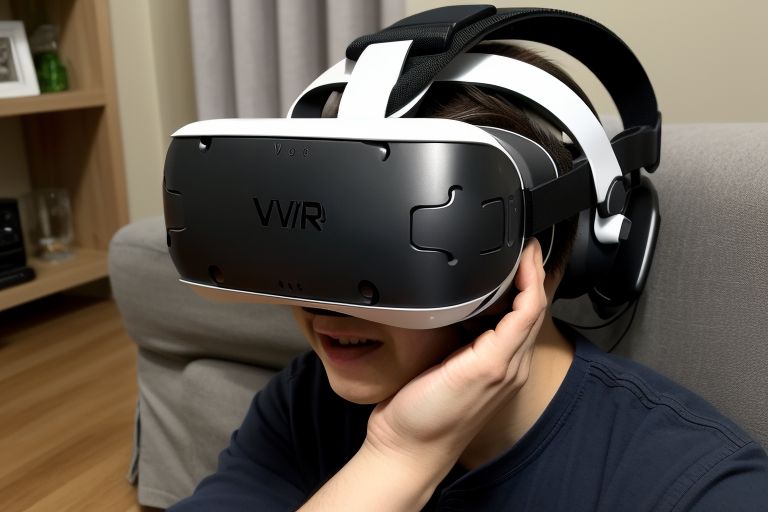Virtual Reality (VR) gaming technology has continued to captivate enthusiasts and casual gamers alike with its immersive experiences and innovative gameplay. As we delve into the current state of VR gaming and look towards the future, it becomes evident that the technology is not just about gaming; it’s about redefining human interaction with digital environments. Let’s explore the latest advancements and predict what the next wave of VR gaming technology might hold.
Current State of VR Gaming Technology
Today’s VR gaming platforms, such as Oculus Quest, PlayStation VR, and Valve Index, offer a range of experiences that are more immersive than ever before. These systems leverage high-resolution displays, advanced motion tracking, and increasingly sophisticated haptic feedback to create compelling virtual worlds. Recent advancements also include wireless technology, reducing the physical restrictions that once tethered players to a console or PC.
Innovative Features and Developments
1. Enhanced Haptic Feedback
One of the most significant areas of innovation is in haptic feedback technology. New VR devices are incorporating systems that provide more detailed tactile responses, enabling players to feel subtle differences in texture, resistance, and weight within the game. This technology not only enhances immersion but also adds a layer of interaction that was previously limited to visual and auditory senses.
2. Improved Motion Tracking
Motion tracking technology has evolved to include full-body tracking without the need for external sensors. This advancement allows for more precise and fluid movement within the game, capturing subtle gestures and translating them into virtual actions seamlessly. The result is a more natural and intuitive user experience that mirrors real-world interactions.
3. AI-Driven Dynamic Environments
Artificial intelligence (AI) is being used to create more dynamic and responsive game environments. AI algorithms can adjust the game in real-time based on the player’s actions, creating a personalized gaming experience. This could mean adaptive difficulty levels, environments that evolve based on player choices, and NPCs (non-playable characters) that are more realistic and reactive.
Predictions for the Future of VR Gaming
1. Increased Integration with Social Media
As VR technology continues to evolve, so too will its integration with social media platforms. This integration will allow players to share experiences, meet in virtual spaces, and even attend live events together. The line between social media and gaming will blur, creating a new venue for virtual interaction that extends beyond traditional gaming.
2. Expansion into New Genres
While VR gaming has predominantly focused on action, adventure, and simulation, the future may see an expansion into new genres. This could include educational games, virtual travel, and experiences designed to promote mental well-being. The immersive nature of VR makes it an ideal platform for these types of applications, potentially opening up new markets and audiences.
3. More Affordable and Accessible Hardware
The cost of VR hardware has been a barrier to widespread adoption. However, as technology progresses and economies of scale are achieved, VR headsets are likely to become more affordable and accessible. This democratization of VR technology will enable a larger number of people to experience VR gaming, further expanding the market.
Conclusion
The future of VR gaming holds exciting possibilities, not just for gamers but for anyone interested in the intersection of technology and human interaction. With ongoing innovations in haptic feedback, motion tracking, and AI, along with increasing integration with social media and other non-gaming applications, VR is set to redefine our digital experiences. As we look ahead, it’s clear that VR gaming will continue to push the boundaries of what’s possible, providing more immersive, intuitive, and inclusive virtual experiences.


